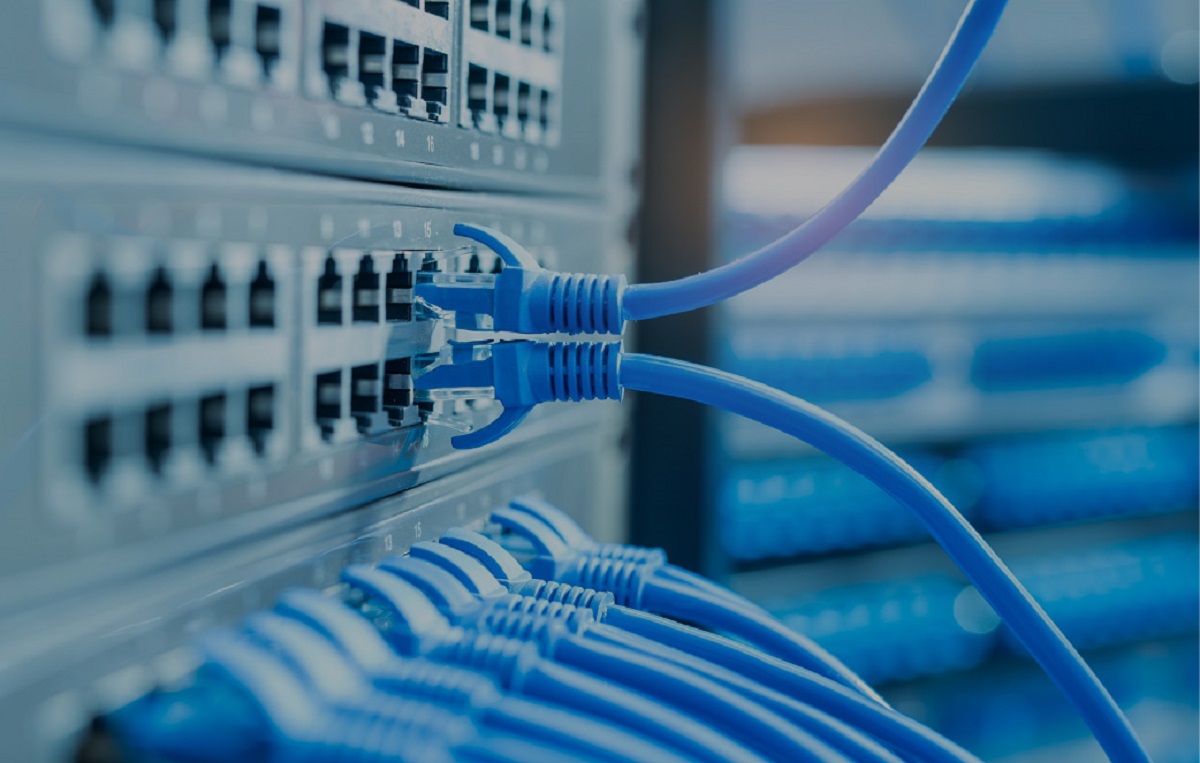- Digital Infrastructure Can Enhance the Guest Experience
- Increase Operational Efficiency with Digital Infrastructure
- Using Digital Infrastructure to Stay Ahead of the Curve
- Conclusion
As the world becomes increasingly digitized, seamless digital infrastructure has become essential for businesses in all industries, including the hospitality and residential real estate industry. The demand for robust connectivity will only grow from here and guest expectations are higher than ever.
Digital Infrastructure Can Enhance the Guest Experience
The guest experience is everything. By investing in digital infrastructure, hotels can improve the guest experience in a variety of ways. Reliable Wi-Fi is essential for properties today, as guests and residents increasingly expect seamless connectivity across all devices. By investing in a reliable Wi-Fi network, properties can provide guests and residents with a reliable, high-quality internet connection, allowing them to stay connected and productive throughout their stay. This can enhance the guest or resident experience and improve customer satisfaction.
Specifically for hoteliers, investing in an in-room entertainment program that can connect to guest’s mobile devices is essential. Guests should be able to easily check-in and out, order room service, and control room amenities like temperature and lighting from their mobile devices. Access control allows hotels to create a more personalized and convenient experience for their guests. In 2020, Statista concluded that 62% of hotel guests preferred mobile check-in and check-out worldwide.
Increase Operational Efficiency with Digital Infrastructure
Digital infrastructure can also help hotels and properties increase their operational efficiency. Implementing a property management system (PMS) can automate tasks like booking and inventory management, which can reduce the workload of staff and increase efficiency. Additionally, by using analytics tools, hotels can gain valuable insights into guest behavior and preferences, which can help them make informed decisions about pricing, marketing, and operations.
A property-wide network is also important for both industries, as it provides a centralized location for all devices to connect to the internet. By investing in a property-wide network, properties can ensure that all devices are connected and that guests and residents can access the internet from anywhere on the property. This can improve operational efficiency and enhance the overall experience for guests and residents.
Optical networking is another critical component of digital infrastructure for properties. Optical networking allows for faster data transfer speeds and lower latency, which can significantly improve the overall experience for guests, residents, as well as management. By investing in optical networking, properties can ensure that their guests and residents have access to a high-speed, reliable internet connection, even during peak usage periods.

Using Digital Infrastructure to Stay Ahead of the Curve
It is important for hotels and properties to invest in digital infrastructure to keep up with changing customer expectations. As the world becomes more digitized, customers are increasingly expecting seamless and personalized experiences across all touchpoints. By investing in digital infrastructure, hotels and properties can meet these expectations and create a competitive edge in the market.
High-speed connectivity is a critical component to a competitive edge. As technology continues to advance, the need for faster internet speeds will only increase. By investing in high-speed connectivity, properties can ensure that their guests and residents can stream content, participate in video conferencing, and download large files without interruption. This can enhance productivity and improve the overall experience of guests and residents.
IoT Technology is an essential element in digital infrastructure. Integrating IoT devices such as smart thermostats, smart locks, and smart lighting, properties can automate tasks and provide residents with a more seamless and personalized experience. For example, residents can control their room temperature and lighting through a mobile app, while residents can remotely control their smart locks and security systems.
Conclusion
Investing in digital infrastructure is essential for properties to remain competitive in their market. By enhancing the guest experience, increasing operational efficiency, and meeting changing customer expectations, hotels can create a strong brand image and gain a competitive edge in the industry. Embracing digital transformation and investing in their digital infrastructure, properties can provide a seamless, personalized experience for guests and residents, driving loyalty and improving customer satisfaction.

